The significance of a second hydrogen powered concept car making its debut.
by Wallace Wyss –
To get public enthusiasm going for hydrogen cars, there needed to be something sexy. And it’s here, the Apricale, developed by United Kingdom-based startup Viritech but oddly the story on the car in Green Car Reports says Viritech “doesn’t plan to become a full-time automaker. Rather, the Viritech Apricale will serve as a flashy demonstrator for the startup’s hydrogen tech.”
The article says “Viritech said development work would take place at the MIRA Technology Park, built around the UK auto industry’s main proving ground.”
And the writer contradicts himself a bit by saying “the car will be built in limited volumes,” but apparently that’s only to serve “as a ‘start point’ for a business model that will eventually encompass fuel-cell tech for heavy-duty trucks, marine, aerospace, and power-generation applications.”
It’s odd in a story about a proposed new product to admit a major failing but the story says “As we’ve pointed out many times, battery-electric vehicles have a strong advantage over hydrogen fuel cell vehicles because they’re inherently twice as efficient. But Viritech claims the Apricale will have ‘half the mass of a battery car,’ which should help performance.”
Think about that. Electric car companies absolutely hate to mention how heavy the battery pack is. What if we could get rid of it? I’d like to see these supercars loaned to car magazines all over the world as a glimpse of the future, so pressure can be put on existing manufacturers to license the technology. Viritech’s other major current project is hydrogen pressure vessels.
Viritech’s founders predict that at first fuel cells will coexist alongside batteries but eventually will “achieve some of the rapid cost reductions recently seen with batteries.” The article mentions a previous direct rival — the Hyperion XP-1 fuel-cell hypercar announced last year. Green Car Reports says “Like Viritech, Hyperion plans to use the XP-1 to draw attention to fuel-cell tech that could be used in other applications. Hyperion quoted a 221-mph top speed and 1,000-mile range for the XP-1 at the car’s launch—which would seem to help with that goal.”
So the challenge has been put forward–let’s see how “super” a supercar can be built around hydrogen.
Let us know what you think in the Comments.
THE AUTHOR: Wallace Wyss is the co-host of Autotalk, a shoe broadcast weekly from KUCR FM Riverside.
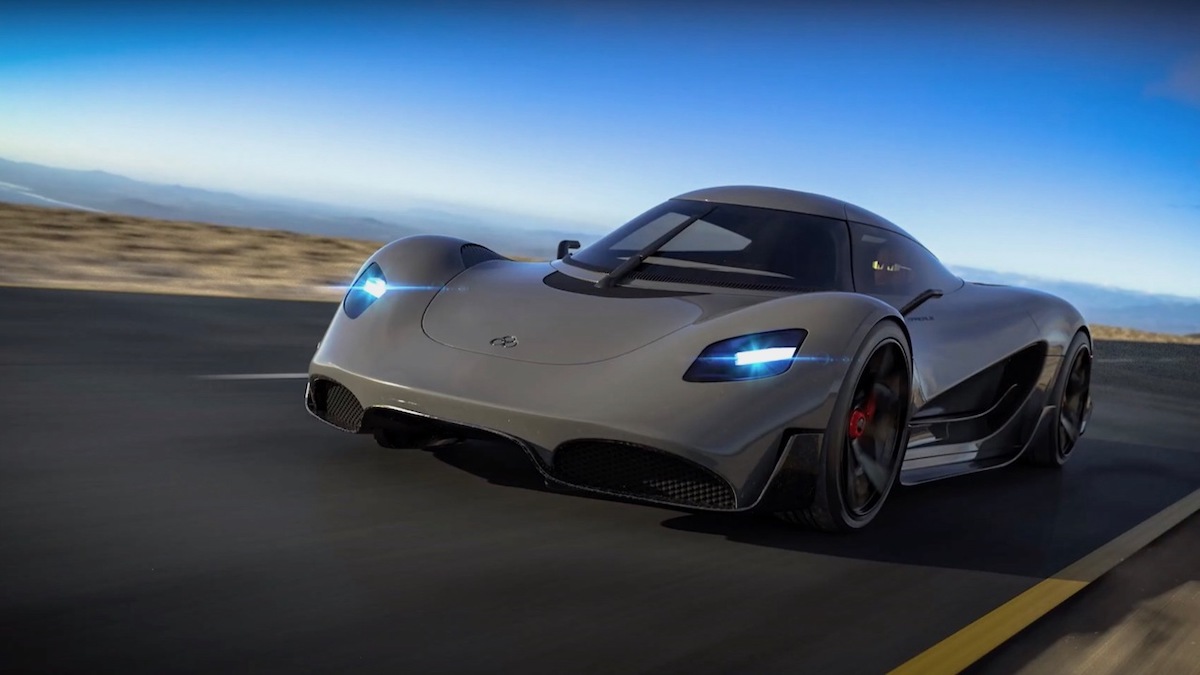
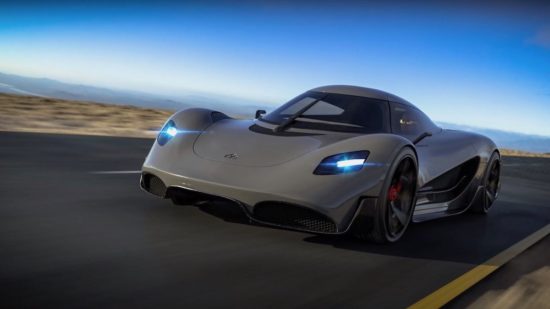
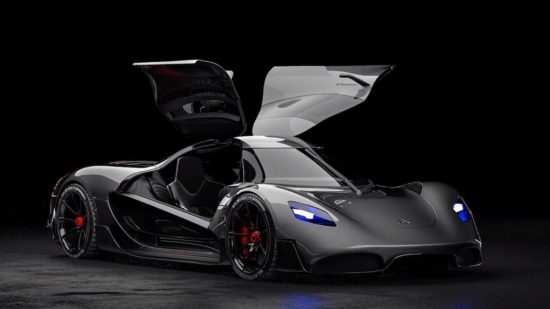
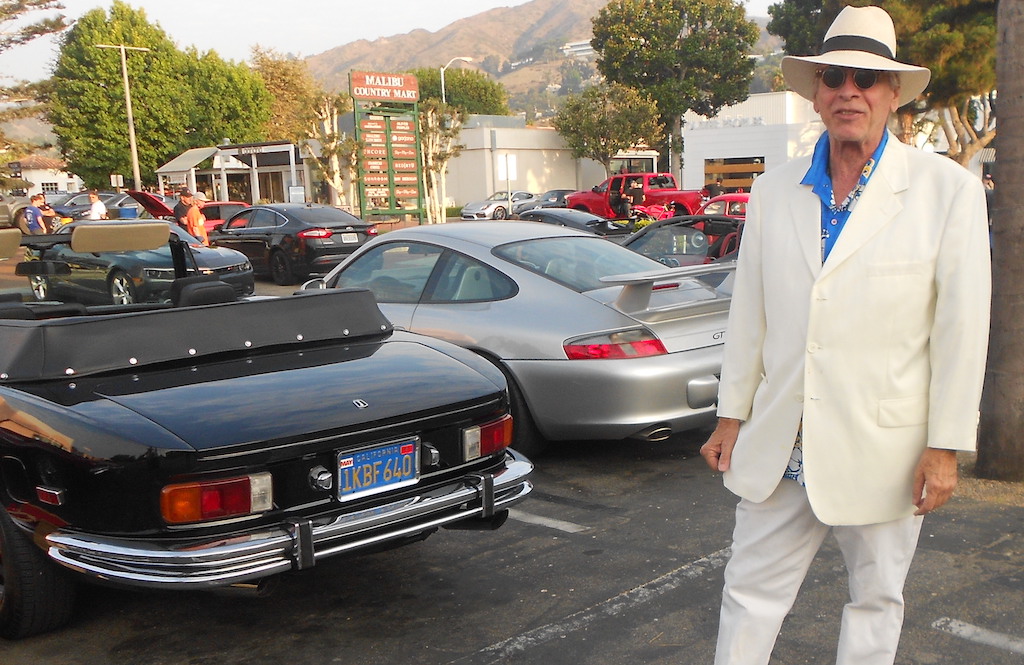
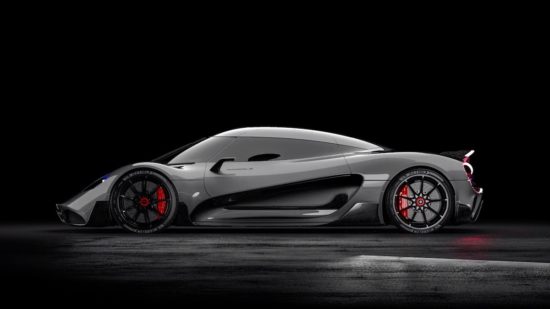
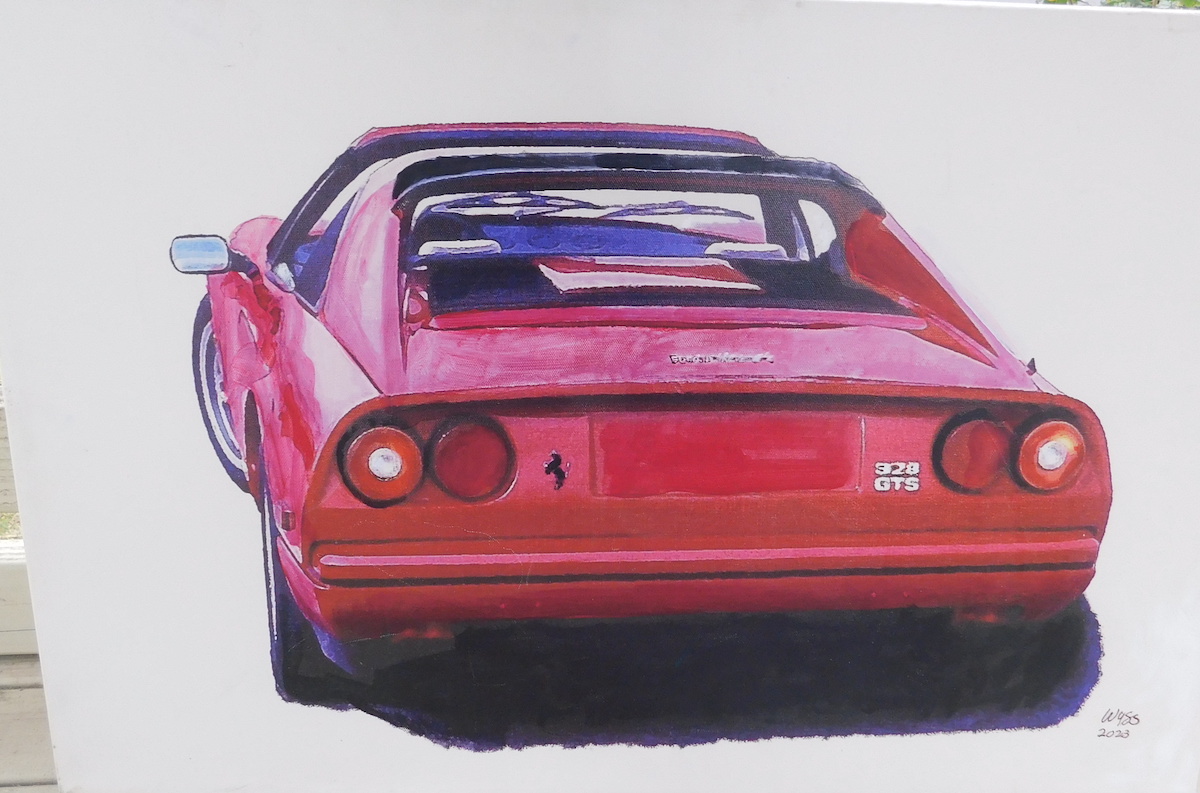

Christian von Koenigsegg should be flattered.